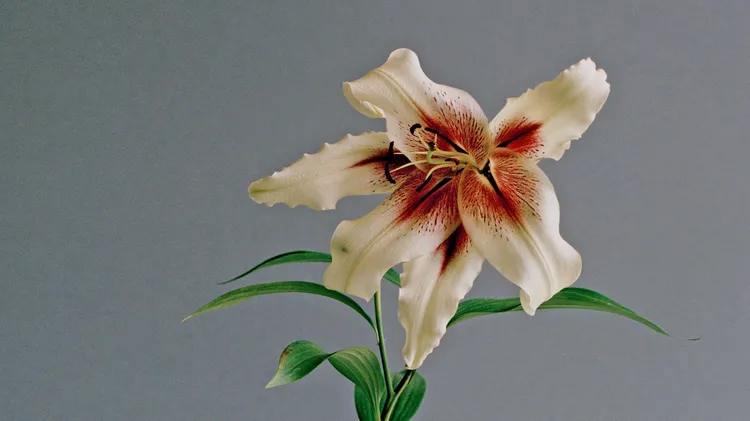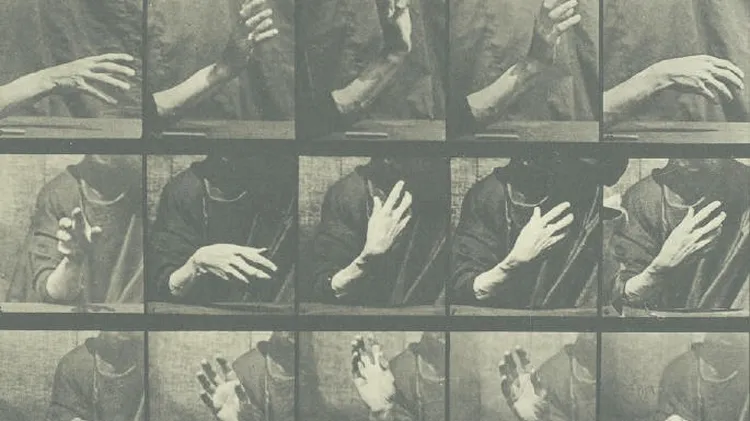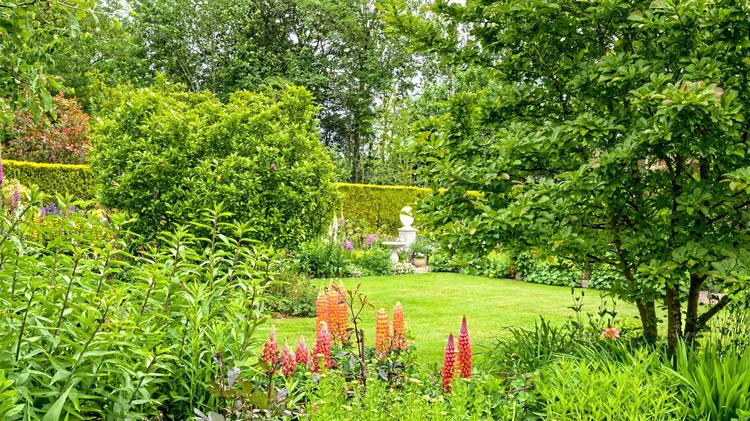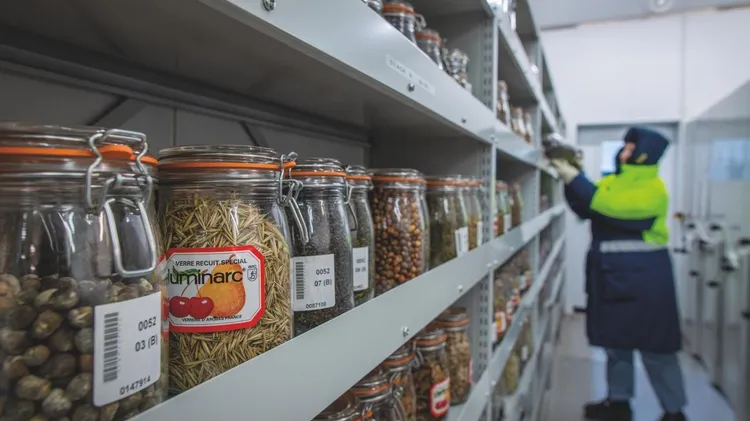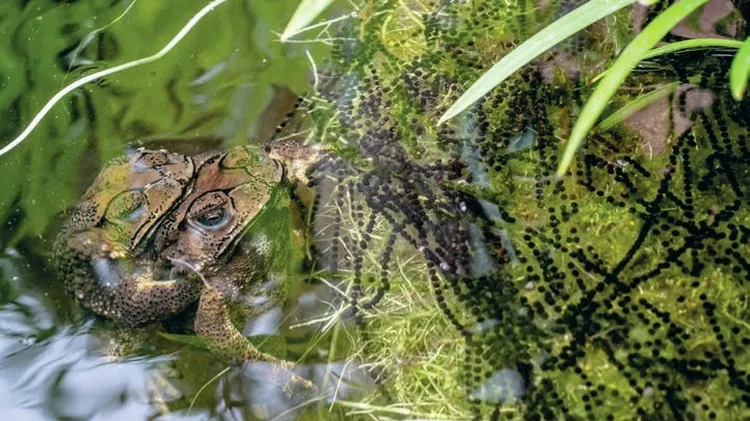The world-renowned botanist on his sideline in crime fighting, getting a doctorat
Mark spencer
3 min read
This article is from...
Read this article and 8000+ more magazines and newspapers on Readly

